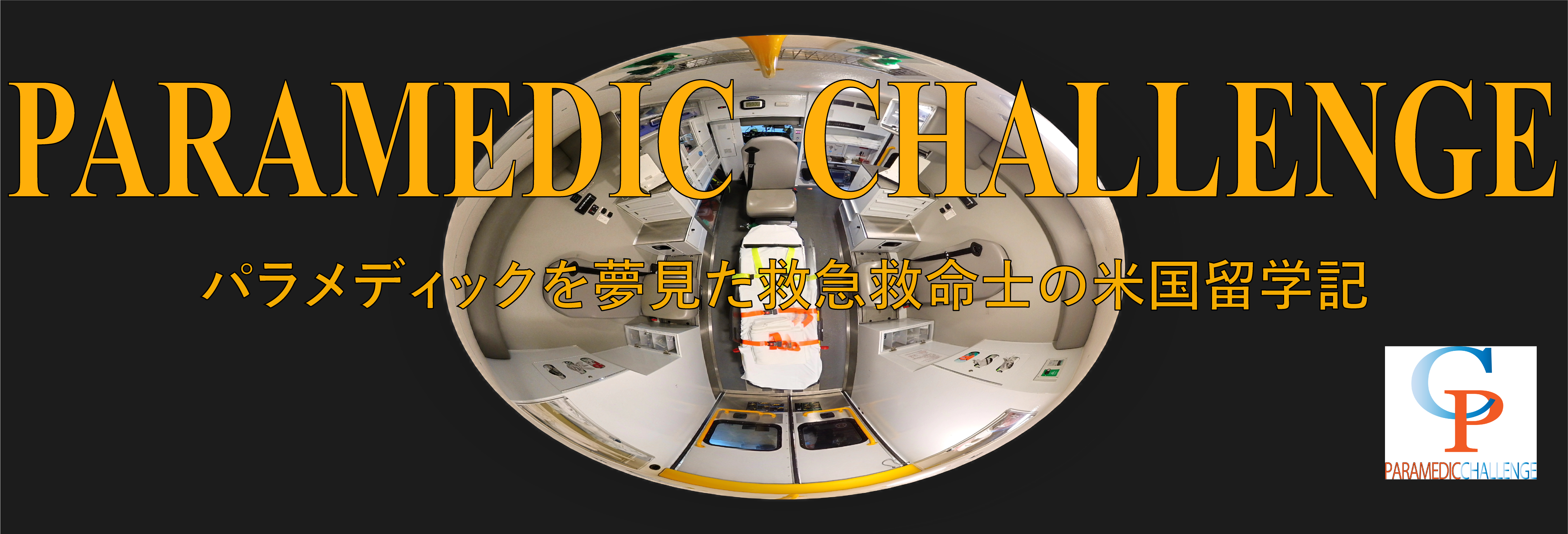CASE STUDY 1
YOU are the EMT -Medical/ Legal-
You are eating breakfast at 0737 when you are dispatched to 487 Lenore St for an unresponsive person. While you are en route, you and your partner discuss what could possibly be wrong with this patient – Cardiac Arrest, hypoglycemia, or stroke.
You arrive on scene at 0742 and are met at the ambulance by a woman who tells you that her 64-year-old mother is “acting strangely” this morning. She says that she would not respond to her at all and then she started “talking out of her head”. She says her mother does not want to go to the hospital.
Q1: What type of consent is required to treat an unresponsive person?
Q2: What must you determine prior to allowing a patient to refuse care?
As you are led into the kitchen you see an older woman sitting at the kitchen table drinking coffee. She looks up as you walk in and starts to yell at her daughter, “I told you not to call them! I’m not going!” She is pale, frail-looking, and obviously very agitated. Her daughter tells you that her mother has had small strokes in the past as the result of a small brain tumor. She also tells you her mother does not have a DNR (Do Not Resuscitate order), but she does have an advance directive. She also takes medication for high blood pressure, hypothyroidism, and elevated cholesterol levels.
Appearance:
Patient: pale, agitated
Level of consciousness: Alert
Airway: Open and patent
Breathing: Appears adequate
Circulation: She is pale, but her nail beds are pink
Q3: What are the possible consequences of treating this patient without her consent?
Q4: On the basis of her history, what might be her problem?
The patient’s daughter brings you a list of her mother’s medications and you quickly review it. She also hands you a copy of the advance directive that states the patient wishes no heroic measures be taken if she is not breathing and does not have a pulse.
The patient tells you her name is Mary, but cannot tell you what day of the week it is or how old she is. She agrees to let you take her vitals, but still says she will not go to the hospital. Measurement of her blood glucose level shows a reading of 138, which is a normal range.
Her daughter tells you that her mother’s symptoms have been going on for several days, but today she is worse. She keeps forgetting basic things and is now refusing to eat. She thinks her mother might be having “ministrokes” and her confusion is getting worse.
Respirations: 20 breaths per minute
Pulse: 108 beats per minute, strong radial
Skin: Cool and dry
Blood pressure: 152/98
SpO2: 97% on room air
Pupils: Equal and reactive to light bilaterally
Q5: Would it be considered abandonment if you left at this point?
Q6: Does her advance directive take precedence over her wishes?
You talk to Mary and explain to her that she needs to be evaluated. She starts to cry and tells you that, “they are just sending me to that hospital to die,” You convince her that this is not true and that she needs to see a doctor so that she will feel better. She reluctantly agrees to go to the hospital with you and says that she has a slight headache but otherwise feels fine. You perform a stroke assessment and see no signs of deficits.
At 0752, the patient is on the stretcher in the ambulance and you are en route to the hospital. She will not tolerate a nasal cannula, so you just monitor her oxygen saturation level. A reassessment of her vital signs are:
Respirations: 18 breaths per minute
Pulse: 102 beats per minute strong and regular
SKIN: unchanged
Blood pressure: 162/94
SpO2: 98% on room air
Pupils: unchanged
Q7: Had the patient continued to refuse treatment and transport, what options might you have exercised?
Q8: Under what type of consent was this patient treated?
Q9: What if the daughter had medical power of attorney over the mother? Would you still need consent to treat/transport?
Q10: In order to not be charged with abandonment, whom would you need to turn the patient over to at the hospital?






